|
A lack of transparency in salaries across most Australian workplaces has meant employers have had all the power when it comes to what they pay their male and female workers. But this is hopefully set to change with the Workplace Gender Equality Agency publishing for the first time the names of large private sector companies and the difference in what they pay men and women.
For a decade the agency has collected data from every employer with more than 100 workers, but until now has only released details of the overall gap between men and women and the differences by industry, but not the company’s identity. The change was brought about by amendments to the Workplace Gender Equality Act passed in 2023.
The data shows that while the pay gap has narrowed since last time, we still have a long way to go. And some industries are much worse than others. Construction and financial services had the biggest gap, with 25% and 24% respectively. Accommodation and food services had the smallest gap, but only because everybody is poorly paid.
Among our big employers, retailers had relatively small gaps, but mining companies big ones.
Economists Angela Jackson and Leonora Risse say publicising the information will help workers and pressure employers to try to fix any gender pay inequities.
“It equips employees with more information to take into their salary negotiations. This tackles the problem of "asymmetric information” where employers know where each worker sits on the pay scale, but employees don’t,’’ they write.
|

|
Margaret Easterbrook
Business Editor
|
|
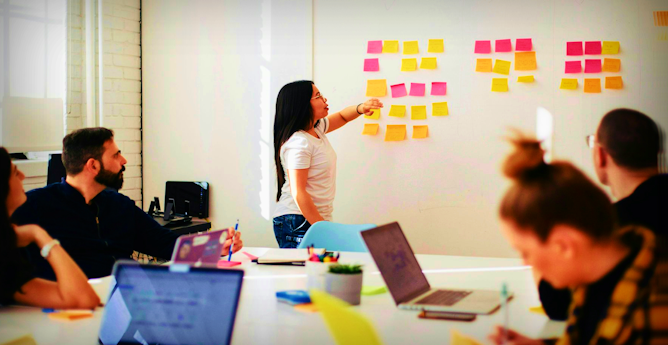
Angela Jackson, Monash University; Leonora Risse, University of Canberra
The naming for the first time of specific companies, not just industries, and what they pay their male and female workers is set to pressure employers to take action.
|
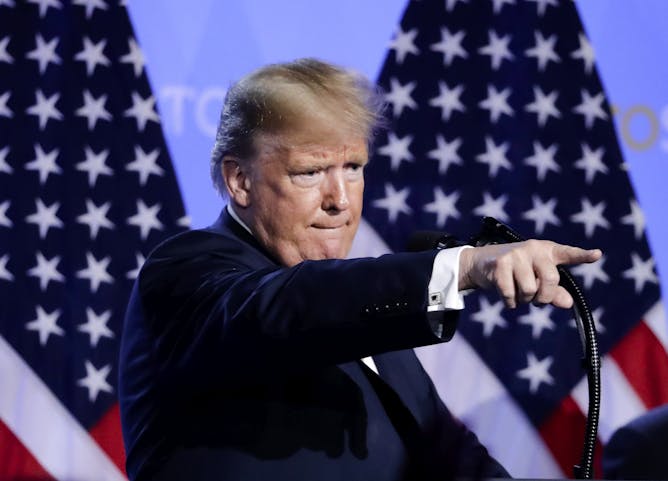
Lester Munson, University of Sydney
Here’s what to understand about Trump’s world view and what to expect, should he be elected president again.
|
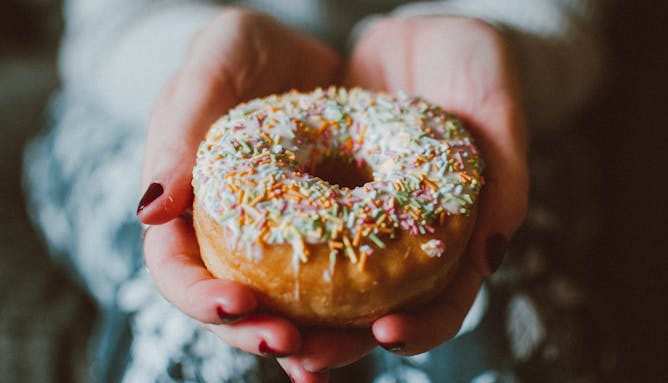
Hayley O'Neill, Bond University
We all want to eat healthily, especially as we reset our health goals at the start of a new year. But sometimes these plans are sabotaged by powerful cravings for sweet, salty or carb-heavy foods.
|
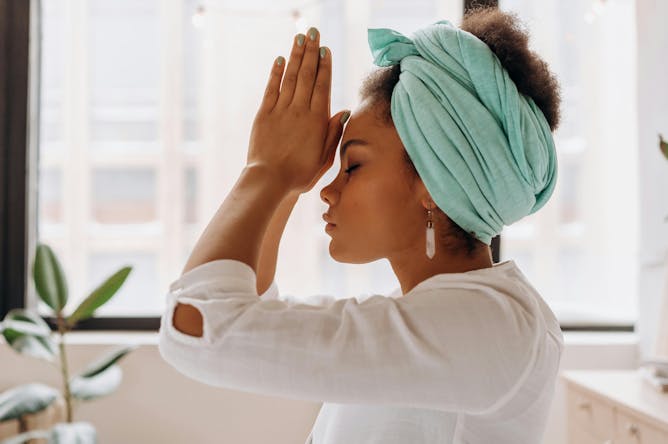
Peter Strelan, University of Adelaide
A psychology professor debunks Rhonda Byrne’s world-bestselling book and film – and her theory of personal success through a magical connection with the universe.
|

Joseph Crawford, University of Tasmania
The push to increase enrolments to 1.8 million by 2050 comes at a time when classes are heading online. This makes it harder to foster a vital sense of belonging for students.
|

Katharine Kemp, UNSW Sydney
We’re being tracked, targeted and profiled by businesses and data brokers. A new report on consumer data handling shows we need an urgent update of privacy laws.
|
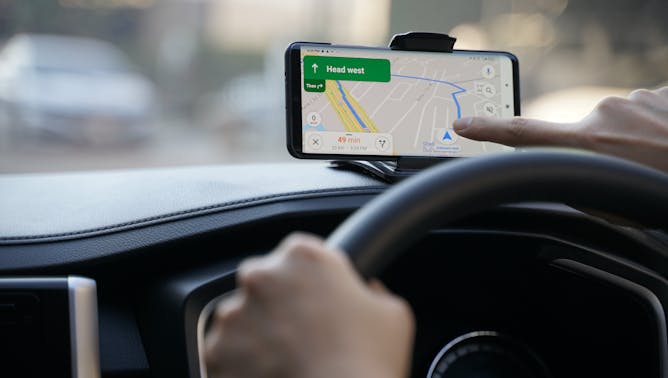
Tapani Rinta-Kahila, The University of Queensland
AI and smart software make life easier, most of the time. How do you keep your skills up for the times when they fail?
|
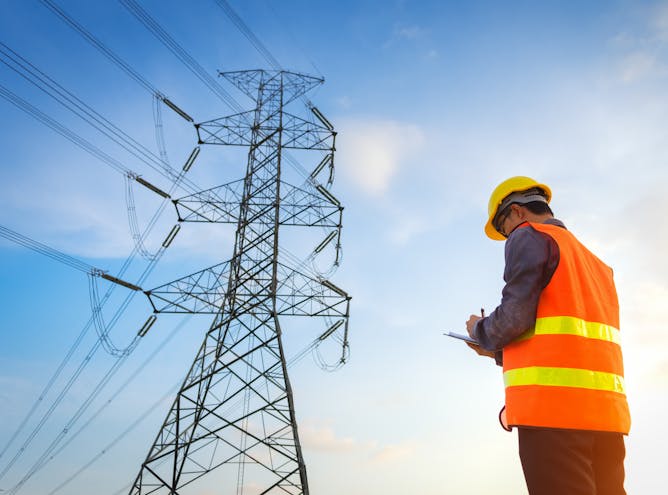
Magnus Söderberg, Griffith University; Phillip Wild, Griffith University
Australia’s main grid has 40,000 km of transmission lines. Building another 10,000 km quickly is proving hard.
|
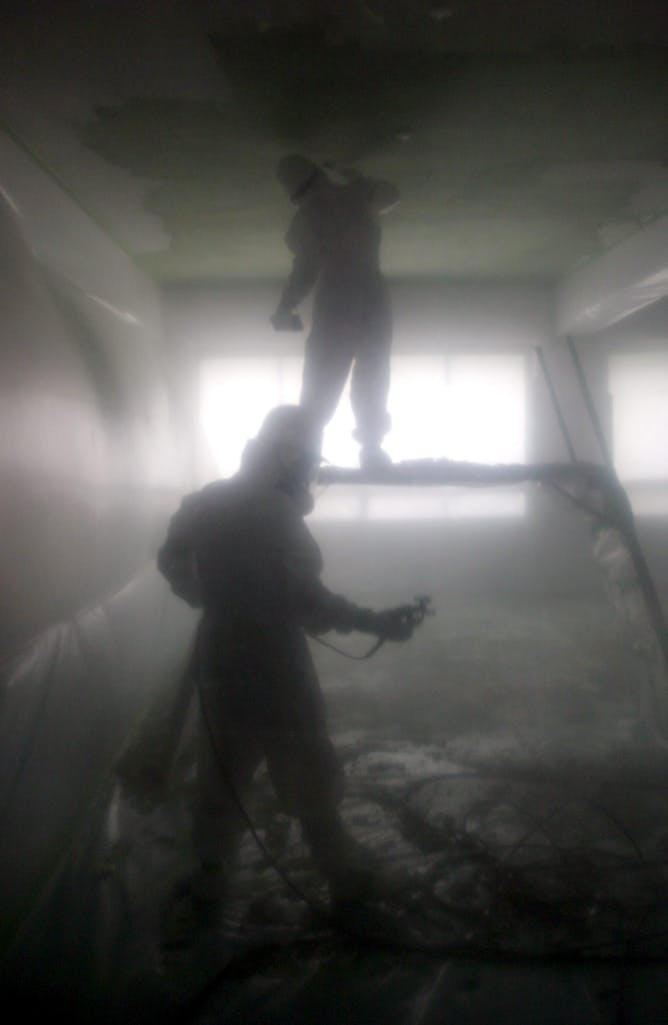
Sonja Klebe, Flinders University
One of the earliest known references to asbestos may come from Theophrastus, a student of Aristotle and his successor at the Lyceum in Athens.
|
Politics + Society
|
-
Michelle Grattan, University of Canberra
The recently released Universities Accord report featured recommendations for improving education in Australia. Joining us to discuss the government's response is Education Minister, Jason Clare.
-
Kathryn Daley, RMIT University
In the wake of a series of viral ‘pranks’, many are wondering why teens do such bad things. It’s not as simple as you think.
-
Adrian Beaumont, The University of Melbourne
Ahead of the Dunkley byelection on March 2, Labor takes a hit in key polls, but Anthony Albanese’s personal approval is still ahead of Peter Dutton’s.
|
|
Health + Medicine
|
-
Nial Wheate, University of Sydney; Jasmine Lee, University of Sydney
A drug newly approved by the Therapeutic Goods Administration for endometriosis is available in Australia.
|
|
Environment + Energy
|
-
James B. Dorey, University of Wollongong; Amy-Marie Gilpin, Western Sydney University; Olivia Davies, Flinders University
By lifting their gaze to the treetops rather than poking around on the ground, researchers discovered eight new species of masked bees.
-
Darcy Watchorn, Deakin University; Chris Dickman, University of Sydney; Don Driscoll, Deakin University
We need every tool at our disposal to stop feral cats and foxes from decimating Australia’s incredible wildlife after fires. Artificial refuges show promise.
|
|
| |
|
|
|
The Conversation AU
Melbourne VIC, Australia
•
Full Time
|

|
|
|
|
| |
| |

|
| |
| |
| |
Featured Events, Courses & Podcasts
|
View all
|
|
|
|
| |
| |
| |
| |
| |
|
|